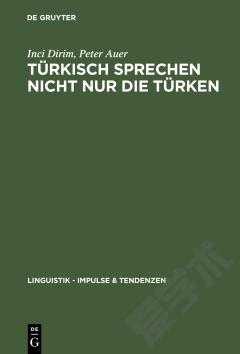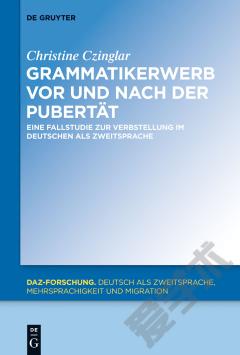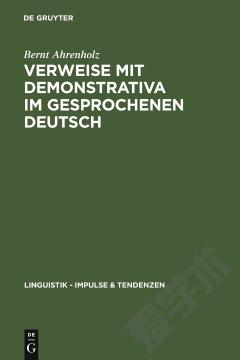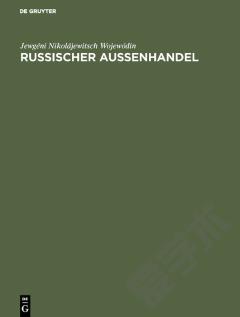Der Erwerb Der Verbstellungsregeln In Der Zweitsprache Deutsch Durch Kinder Mit Russischer Und Türkischer Muttersprache
The study examines the natural progression in the acquisition of an essential aspect of German sentence structure - verb positioning - by elementary-school native speakers of Turkish and Russian. With reference to four long-term studies, the author shows how the learners form hypotheses on the complex input of German as a target language and the role played by their knowledge of their mother tongue in the evolution of interim grammars. A theoretical section describes contemporary theories of second language acquisition and discusses their explanatory power in the light of the empirical findings produced by the study.
{{comment.content}}








 京公网安备 11010802027623号
京公网安备 11010802027623号